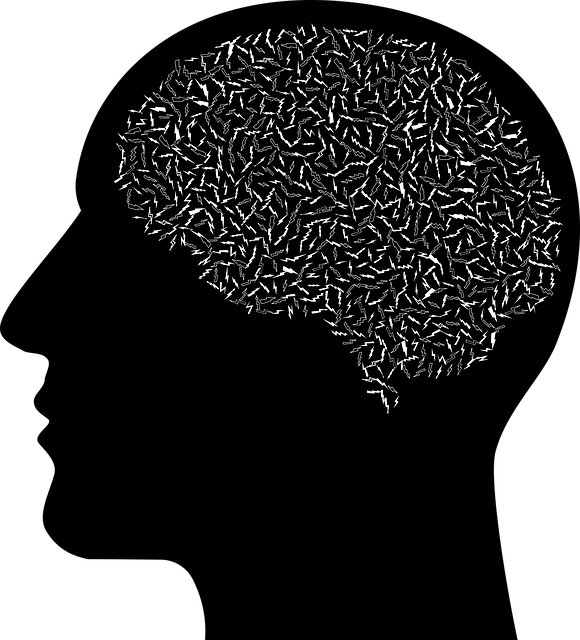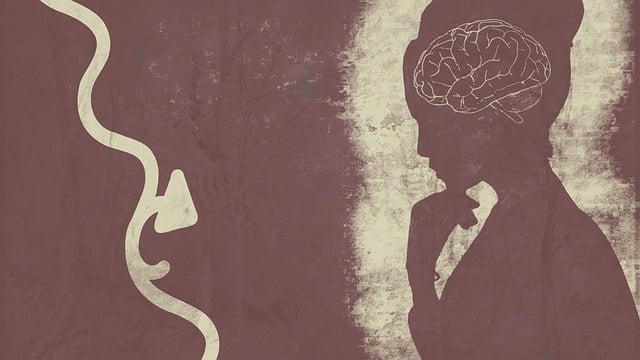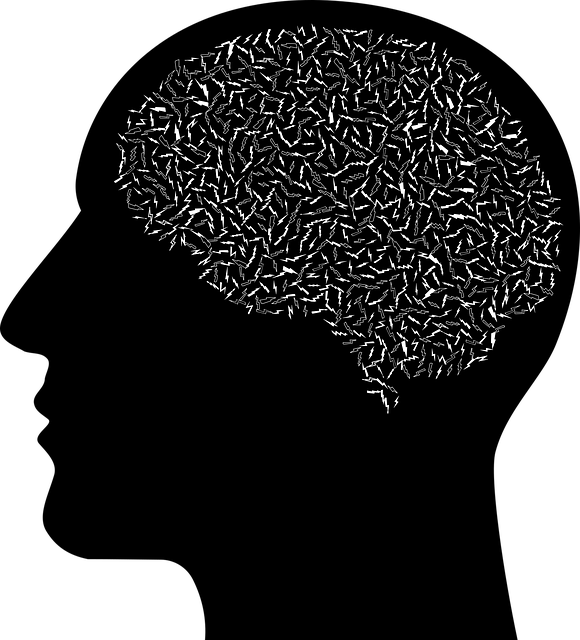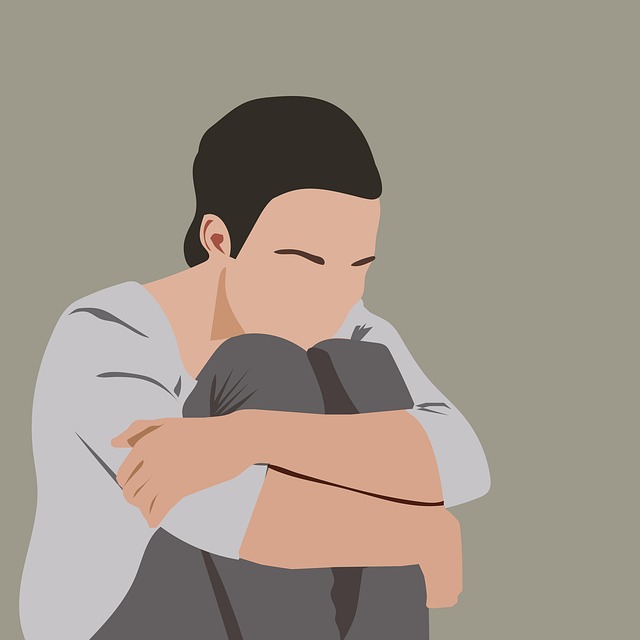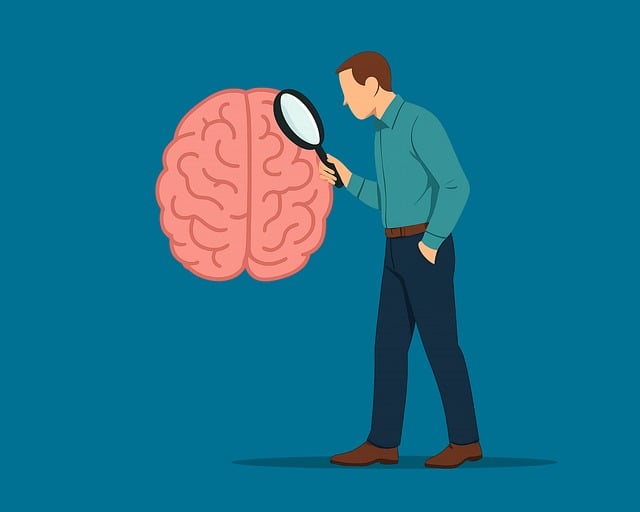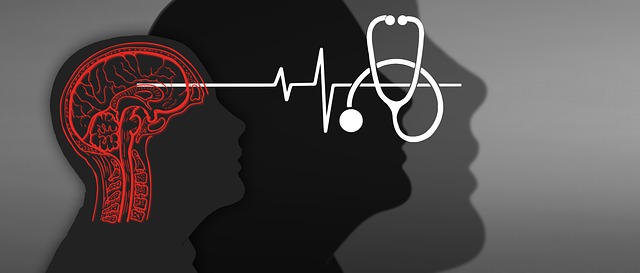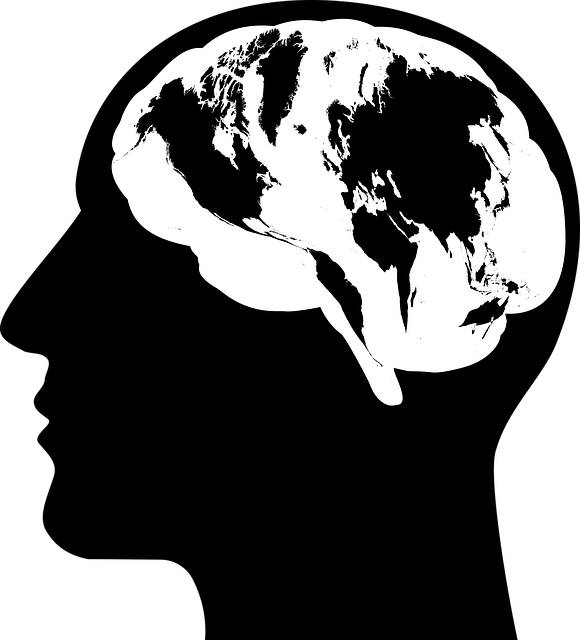Mental Health Crisis Hotlines offer 24/7 support for emotional distress and conditions like Centennial Dissociative Disorder (CDD), employing Mind Over Matter principles. Trained counselors provide guidance, stress reduction techniques, and coping strategies using evidence-based therapies such as CBT and DBT. These hotlines prevent crisis escalation, promote better mental health outcomes, and connect callers to resources like Centennial Dissociative Disorder Therapy for specialized care, ultimately enhancing clients' quality of life. Public awareness campaigns destigmatize seeking help.
“In today’s fast-paced world, mental health crises can strike anyone, anywhere. Understanding Mental Health Crisis Hotlines: A Lifeline for Many explores these vital services as a first response to emotional distress. This article delves into the critical role of therapists in supporting individuals with disorders like Centennial Dissociative Disorder. By examining the effectiveness of hotline interventions, we uncover how these resources facilitate access to help and promote recovery. Discover the power of crisis support and its lasting impact on well-being.”
- Understanding Mental Health Crisis Hotlines: A Lifeline for Many
- The Role of Therapists in Crisis Support: A Focus on Dissociative Disorders
- Utilizing Hotline Services: Accessing Help and Recovery Resources
Understanding Mental Health Crisis Hotlines: A Lifeline for Many

Mental Health Crisis Hotlines serve as a vital lifeline for individuals grappling with intense emotional distress or unexpected mental health crises. These 24/7 services are designed to provide immediate support, ensuring that people in need have access to trained professionals who can offer guidance and assistance during challenging times. Whether it’s someone experiencing acute anxiety, suicidal ideation, or symptoms of a dissociation disorder like Centennial Dissociative Disorder, these hotlines offer a safe space for expression and a listening ear.
The effectiveness of crisis hotline support lies in their ability to implement Mind Over Matter principles, fostering resilience building and stress reduction methods. Trained counselors employ evidence-based techniques to help individuals navigate their crises, gain perspective, and develop coping strategies. By offering immediate intervention and long-term resources, these hotlines play a crucial role in preventing escalation and promoting better mental health outcomes, ultimately recognizing that timely support can make a profound difference in someone’s life.
The Role of Therapists in Crisis Support: A Focus on Dissociative Disorders

Therapists play a pivotal role in crisis support services, offering specialized care for individuals experiencing mental health crises, particularly those with dissociative disorders. These professionals are equipped to handle complex cases where clients may struggle with detachment from their thoughts, memories, or emotions, a common symptom of Dissociative Disorder (DD). In such situations, therapists employ various techniques to promote emotional well-being and help clients develop coping skills that can prevent burnout.
Centennial Dissociative Disorder Therapy focuses on helping individuals regain a sense of control and connectivity with their inner selves. Therapists use evidence-based approaches like cognitive behavioral therapy (CBT) and dialectical behavior therapy (DBT) to address the root causes of dissociation, providing tools for managing symptoms and enhancing overall mental resilience. By facilitating this process, therapists empower clients to navigate crises effectively and foster a deeper understanding of their emotional experiences, ultimately contributing to improved quality of life.
Utilizing Hotline Services: Accessing Help and Recovery Resources

Accessing help during a mental health crisis is crucial, and hotline services play a vital role in providing immediate support. These hotlines are designed to offer confidential and non-judgmental assistance, ensuring individuals feel safe to express their struggles. Whether someone is experiencing anxiety, depression, or even symptoms of dissociative disorders like Centennial Dissociative Disorder, these resources provide a crucial first step towards recovery.
Many hotline services not only offer crisis intervention but also connect callers with relevant recovery resources, including mental wellness coaching programs and support groups. They can guide individuals toward specialized therapy, such as Centennial Dissociative Disorder therapy, or provide information on local community resources like social skills training centers. Public awareness campaigns developed around these hotlines help destigmatize seeking help and encourage folks to take that critical first step towards prioritizing their mental wellness.
Mental health crisis hotline support services play a vital role in providing immediate assistance and guiding individuals toward recovery. As highlighted by the discussion on Centennial Dissociative Disorder Therapy, these hotlines offer a confidential space for those experiencing severe mental distress. By combining professional therapist expertise with accessible resources, crisis hotline services foster a crucial first step towards healing and well-being. It’s important to note that utilizing these resources can significantly impact positive outcomes, ensuring individuals receive the necessary support during challenging times.
